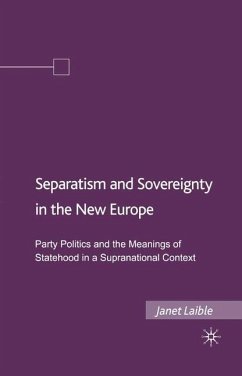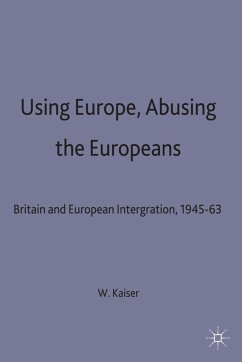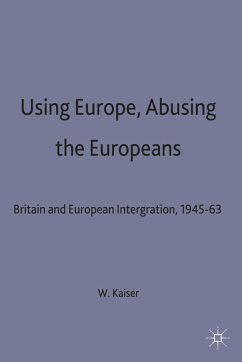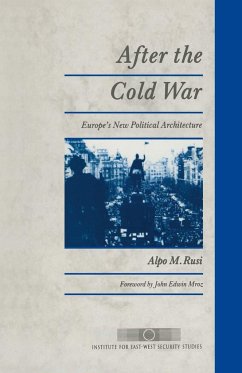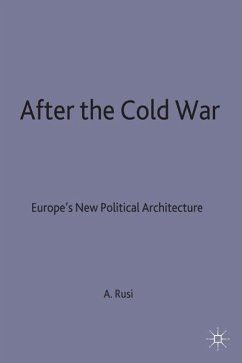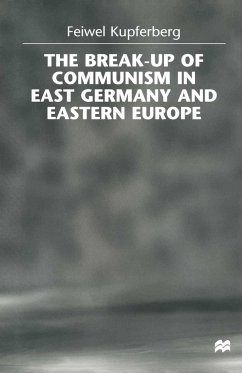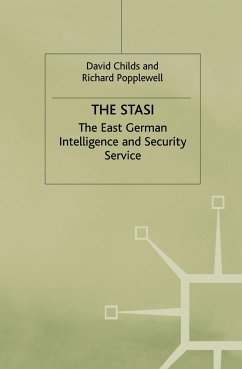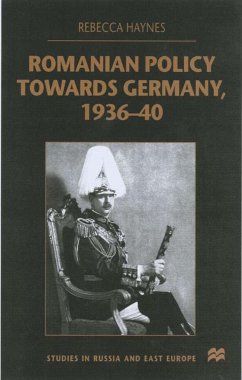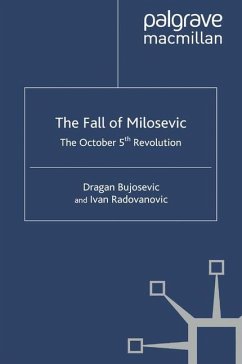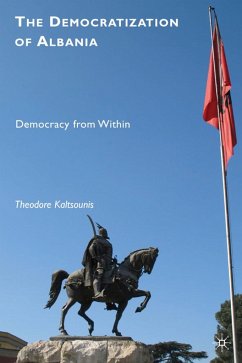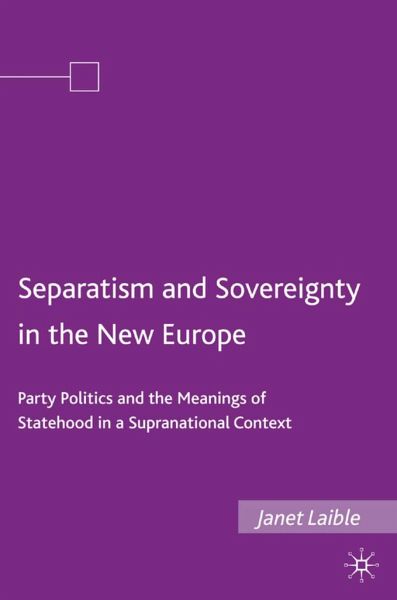
Separatism and Sovereignty in the New Europe
Party Politics and the Meanings of Statehood in a Supranational Context
Versandkostenfrei!
Versandfertig in 6-10 Tagen
38,99 €
inkl. MwSt.
Weitere Ausgaben:

PAYBACK Punkte
19 °P sammeln!
This book challenges the popular assumption that European integration and a 'Europe without borders' will reduce or eliminate the incentives for separatist nationalism in the European Union. The author argues that the EU sustains the importance of statehood and therefore separatism, and creates new forms of political capital that nationalists employ in their struggles for self-government.
This book investigates why, despite European integration, separatist nationalism continues to thrive in EU member states. Laible demonstrates that the EU sustains the importance of statehood, and therefore separatism, and creates new forms of political capital that nationalists employ in their struggles for self-government.





